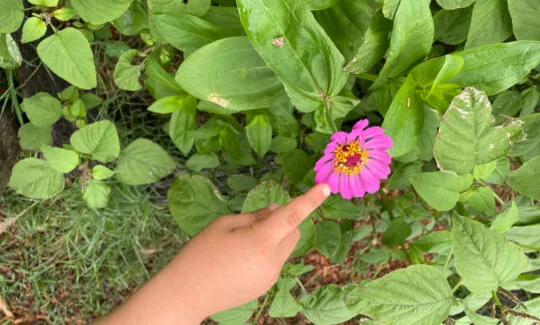When & How To Start The Toilet Training Process
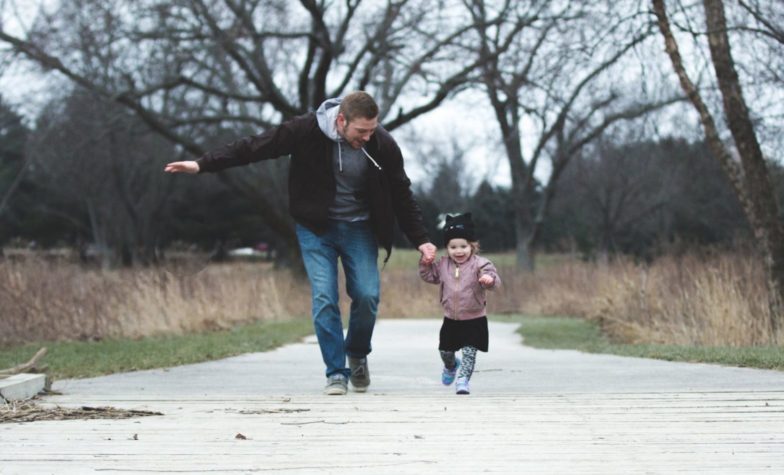
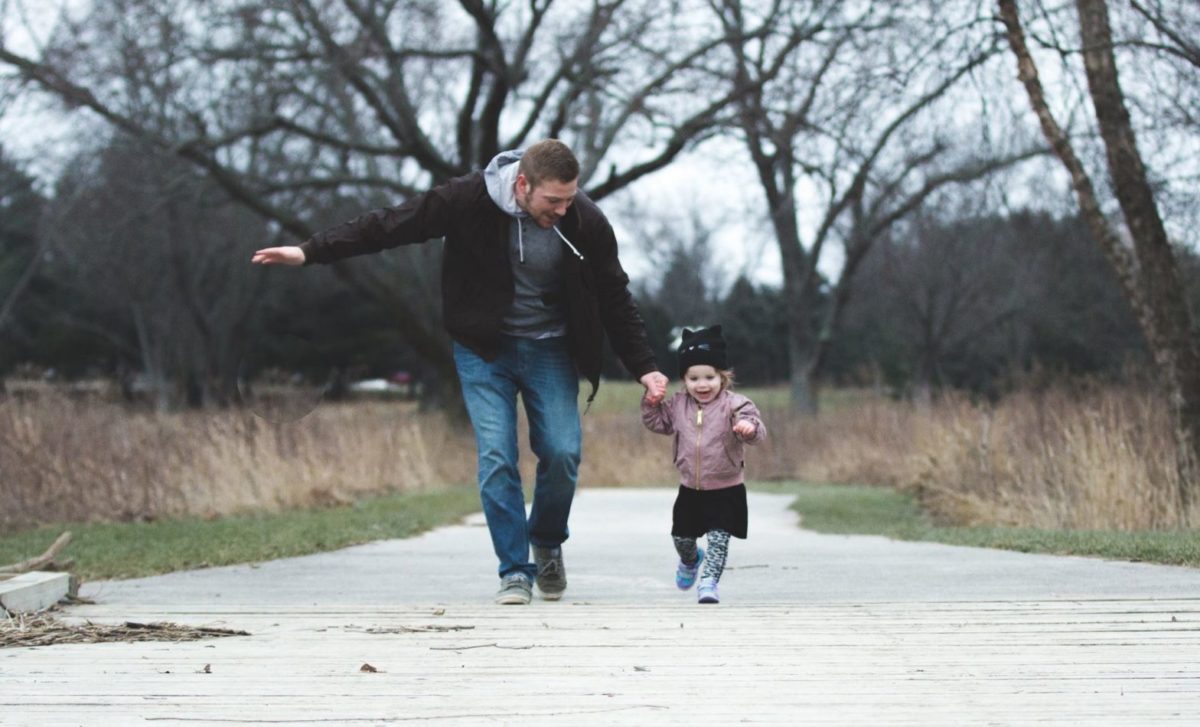
When to start toilet training
All children are different and develop at their own pace. Generally, children are ready to start toilet training between 18 months and 4 years of age. However, all children develop in their own time regardless of age. One of the most important aspects to consider is if your child is ready.
How will I know when my child is ready for toilet training?
Child specialist, Magda Gerber, outlines three types of readiness children need for toilet learning:
-
Physical Readiness: Bladder and bowel capacity and muscle control
-
Cognitive Readiness: Knowing when they need to eliminate urine and faeces and are fully aware of what they are supposed to do
-
Emotional: Being ready to let go of using their diaper or nappy
What are the signs that my child is ready?
-
Your toddler can stay dry for two or more hours – this shows that their bladder muscles are strengthening.
-
They can tell you that they are needing the toilet using signs or verbal communication.
-
Your toddler can sit comfortably in one position for a prolonged period of time.
-
They know how to pull their pants up or down.
-
Your toddler is showing an interest in adults, or their siblings, going to the toilet.
-
They have regular and predictable bowel movements.
-
They wake up dry from a nap.
- They indicate when they are wet or soiled and/or want to have their nappy changed.
Helpful tips for toilet training
Consistency is the key to a smooth transition, once it has been established that your child is ready for toilet training. Our Campus Educators will play an active role in helping to facilitate this for your child.
It is important to never belittle, scold or put down a child for unsuccessful use of the toilet during the toilet training process. Nor should mishaps draw negative attention towards the child. These are core principles that are adopted in our OAC Campuses to encourage your child and reinforce their progress.
How to start toilet training at home:
-
Dress your child in clothes that are easy for them to pull on and off to help avoid accidents.
-
Always be positive about toilet training. Reinforce the idea that it is a natural, normal process and that accidents are not dirty or bad.
-
Be encouraging with progress and patient with any accidents or setbacks. It is important to let your child master the skill of using the toilet independently at their own pace.
-
Role-play with toys or teddy bears to re-enact the toilet training experience. This will reassure your child that the process is normal while giving them skills and confidence.
-
Plan toilet training for a time when you don’t have any big changes coming up in your family life. Changes might include going on holiday, having a new baby or moving to a new house.
-
Make sure you have all the right equipment. For example, if your child is using the toilet you’ll need a step for your child to stand on. You’ll also need a smaller seat that fits securely inside the existing toilet seat.
More at home toilet tips:
-
Teach your child some words for going to the toilet. For example, ‘wee’, ‘poo’ and ‘I need to go’.
-
Let your child try sitting on the potty or the small toilet seat to help them become familiar with the new equipment.
-
Make sure your child is eating plenty of fibre and drinking lots of water to avoid constipation.
-
Sit your child on the potty at times when you’ve noticed they often do a poo or a wee, like 30 minutes after eating or after having a bath.
-
Look out for signs that your child needs to go to the toilet. Some cues include changes in posture, passing wind, going quiet or moving to a different room by themselves.
-
At different stages throughout the day, ask your child if they need to use the toilet.
-
Praise your child for trying, even if their progress is slow. For positive reinforcement you could say, ‘Well done for sitting on the potty’. This lets your child know they’re doing a good job. Gradually reduce the amount of praise as your child masters each part of the process.
-
Teach your child how to wash her hands after using the toilet. This can be a fun activity that your child enjoys as part of the routine.
It is helpful to talk to our Only About Children Educators about your child’s readiness so that a consistent approach can be used at home and at the Campus. Our Occupational Therapists can also provide support and practical ideas to help you with the toilet training process. Ask your Campus Director if you would like any additional support.
For more great reading see Understanding School Readiness
Only About Children can help your child to grow, make friends and explore the world.
Only About Children can help your child to grow, make friends and explore the world.
Related Reads
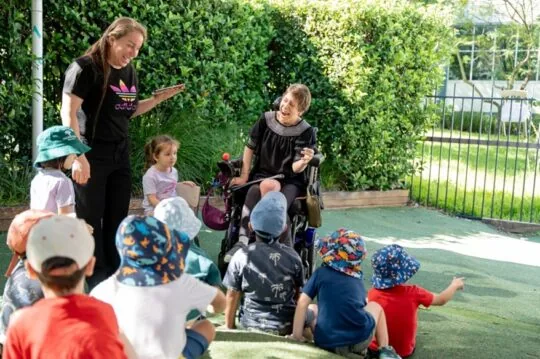
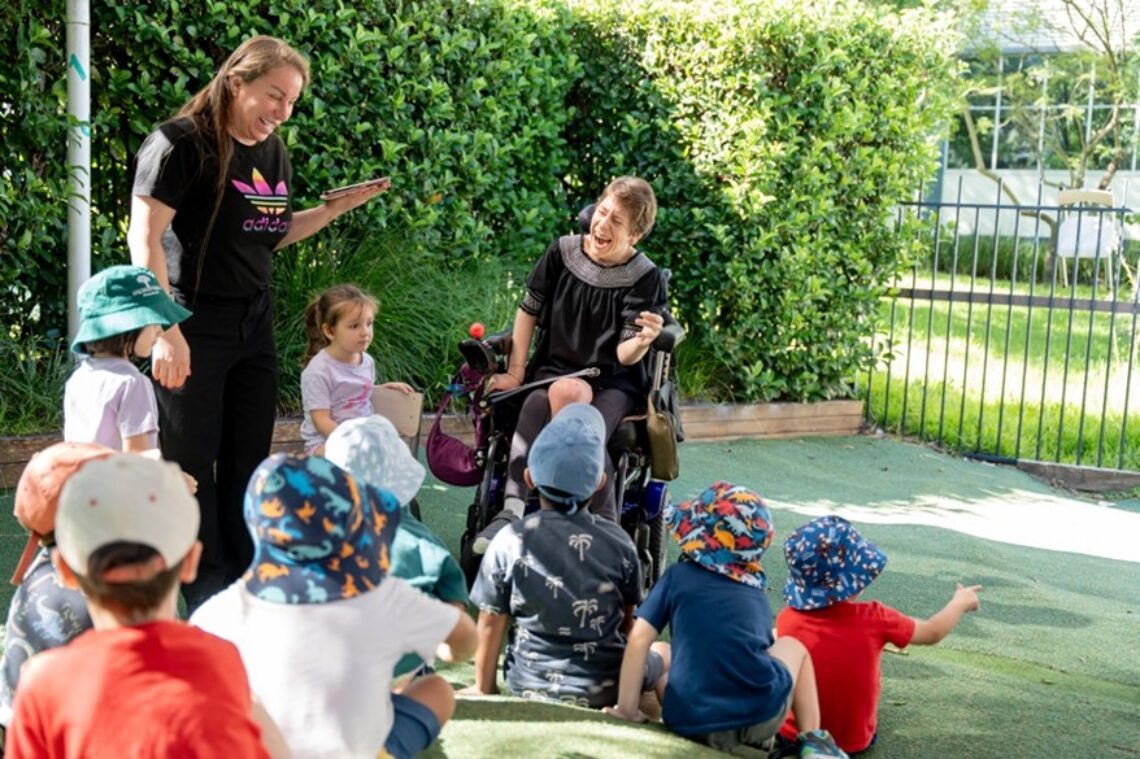
Bec Celebrates 10 Years Working In Her Dream Job At OAC Concord
Rebecca Donatiello (Bec) celebrates 10 years working and learning at Only About Children Concord.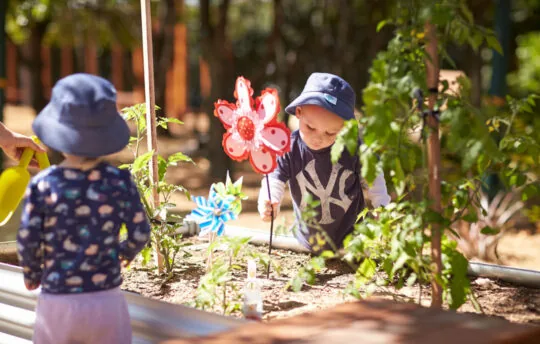

Choosing The Right Preschool/Kindergarten For Your Child
Choosing the right Preschool/Kindergarten for you child can be a daunting task. When exploring the ideal preschool choices for your child, there is no need to navigate blindly. Simply by asking the right questions, you can find the perfect match.